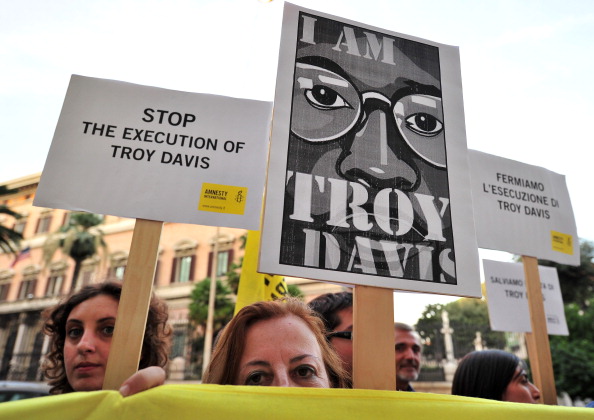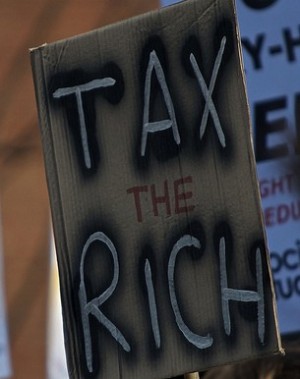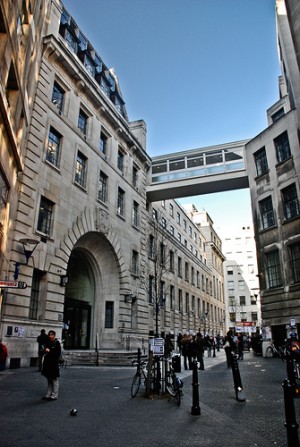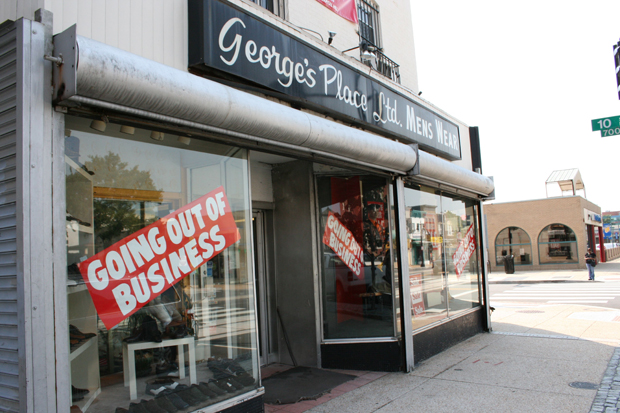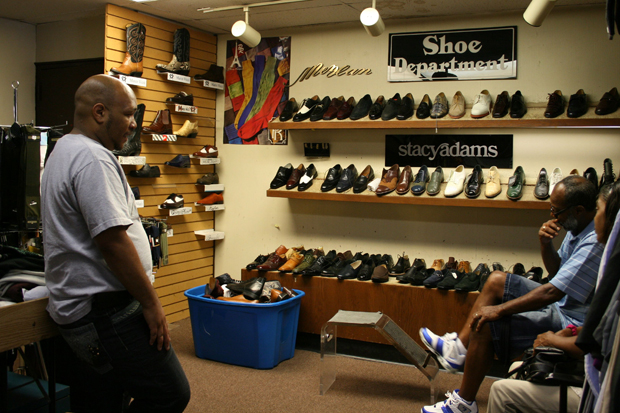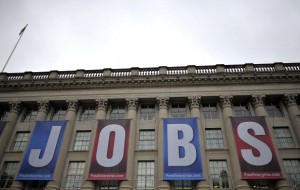African Americans make up 25 percent of Twitter users, despite only making up about 12 percent of the general population, according to a 2010 Edison Research study.
Twitter is relatively “blacker” than the United States in part because of how easy it is to access the popular status-updating program via cell phones. Sending a tweet uses nearly the same number of characters — 140 — allowed for text messages. Half of all Twitter users send tweets with their mobile phones, and people of color are more likely to access the Internet using cellphones. So, high-speed internet is wonderful, but unnecessary for using Twitter.
Circling back to the tweet above from Washington Post reporter J. Freedom du Lac, it would behoove us to be mindful that black people may also listen to R.E.M., non-blacks are probably using or reading tweets classified with the “#youknowyoughetto“-hashtag and trending topics are not a zero-sum game. If “Troy Davis” is not trending, that doesn’t mean people aren’t talking about him. It just means more people are talking about “#newfacebook,” or whatever else is popular at any given moment on “black” and “other” Twitter.





